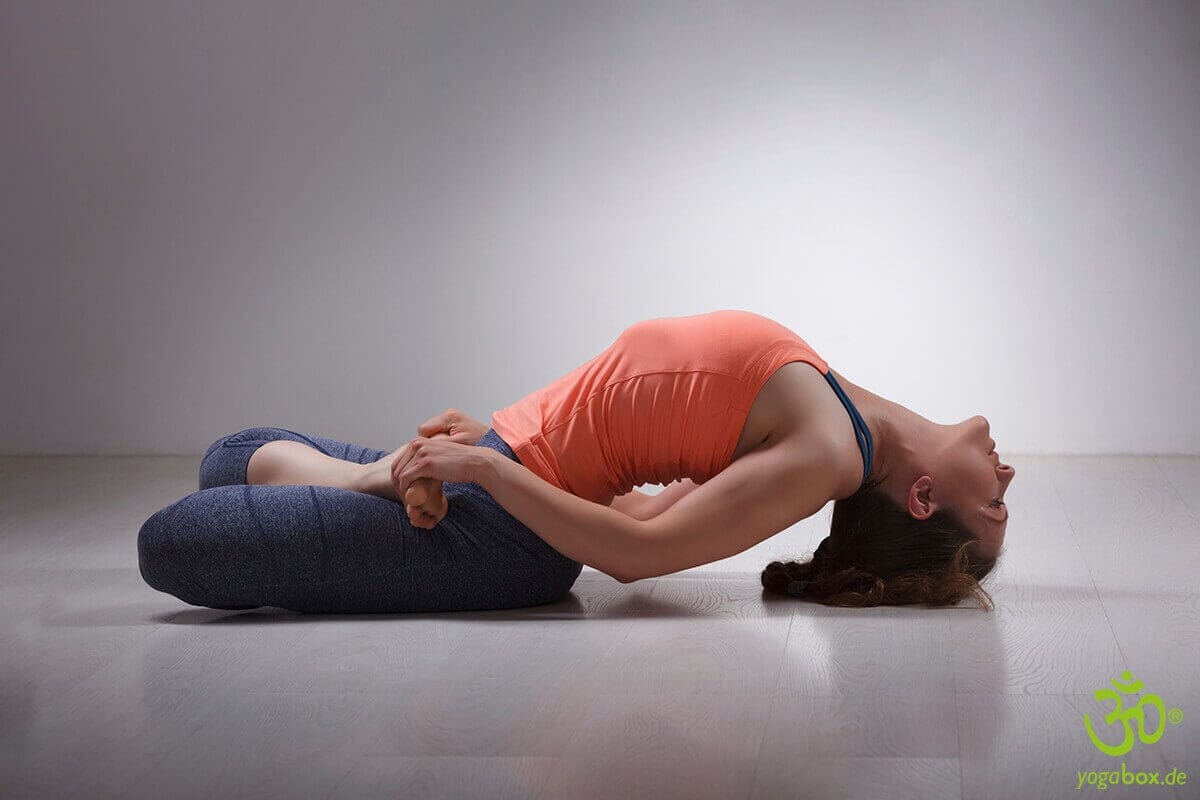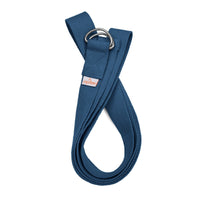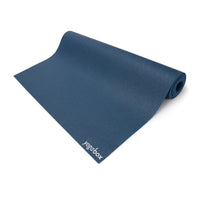
Matsyasana – the fish
 Matsyasana – The Fish Pose. Exhaustion and listlessness are particularly noticeable during the darker months of the year. Chronic fatigue primarily affects people who sit in front of computers in an office. With the Fish Pose, also known as Matsyasana, you can rejuvenate both your body and mind. This powerful Hatha Yoga exercise expands your chest, intensifies your breathing, and strengthens your spine, leaving you feeling rested and refreshed.
Matsyasana – The Fish Pose. Exhaustion and listlessness are particularly noticeable during the darker months of the year. Chronic fatigue primarily affects people who sit in front of computers in an office. With the Fish Pose, also known as Matsyasana, you can rejuvenate both your body and mind. This powerful Hatha Yoga exercise expands your chest, intensifies your breathing, and strengthens your spine, leaving you feeling rested and refreshed.
Positive effects & advantages of fish farming
Matsyasana is one of the most important exercises in Hatha Yoga, practiced both individually and in combination with other basic poses. The fish pose affects not only the mind but also the body, which is why it's considered a perfect way to start the day. First and foremost, Matsyasana can release emotional blockages that often burden the heart and solar plexus. Because the exercise stimulates the flow of energy, you'll feel noticeably fitter, fresher, and stronger after just a few sessions. However, Matsyasana has a positive effect not only on the mind but also on the body . The fish pose:
- strengthens the lungs
- deepens breathing
- stimulates kidney and thyroid function
- trains the abdominal and chest muscles as well as the cervical and thoracic spine
- removes blockages in the cervical and lumbar spine
Performing the fish pose In order not to place unnecessary strain on the cervical spine, you should start with the simplest starting position.
- Lie on your back. Your arms are stretched out at your sides and your legs are together.
- Now push your palms under your buttocks so that your thumbs are almost touching.
- On your next inhalation, lift your chest while tilting your head back as far as possible.
- The back of your head, your elbows and forearms as well as your hips remain on the floor.
Since the exercise is a bit difficult, especially for beginners , you can also perform it with your legs bent at first. If you have problems with your neck, you should either place a soft blanket under your head or lower your chest slightly to relieve pressure on your cervical spine.
You must pay attention to this
To minimize strain on your cervical spine, you should tense your abdominal muscles while lifting your chest. This engages not only your head and neck, but also your arms. If you have certain conditions or illnesses , you should be especially careful when performing this exercise or avoid the fish pose altogether. These include:
- Problems in the abdominal, neck and groin area
- Pain in the cervical spine
- dizziness
- Headaches/migraines
- high blood pressure
- insomnia
Advanced variations of fish keeping
If you practice fish keeping regularly, you can intensify the exercise.
Variation 1:
Once you've placed your hands under your buttocks, push them further toward your knees to increase the chest lift. The exercise is equally effective if you place your arms at your sides and press your palms against your thighs.
Variation 2:
Once you've assumed fish pose, stretch your arms out as if you were touching the ceiling with your fingertips. Alternatively, you can clasp your hands in front of your chest.
Variation 3:
If you're an experienced yoga practitioner, you'll first sit on your heels before lying on your back. In this position, you'll push your chest, belly, and hips upward. Only the back of your head, elbows, and forearms will be in contact with the floor. To intensify the stretch, you can grasp your feet with your hands. After the fish pose, you can alternate the poses by doing opposite poses that relieve pressure on your spine. Therefore, lie on your back before bending your legs and upper body until your forehead and knees touch. At the same time, grasp your lower legs with your arms to hold this position.
Image © f9photos








